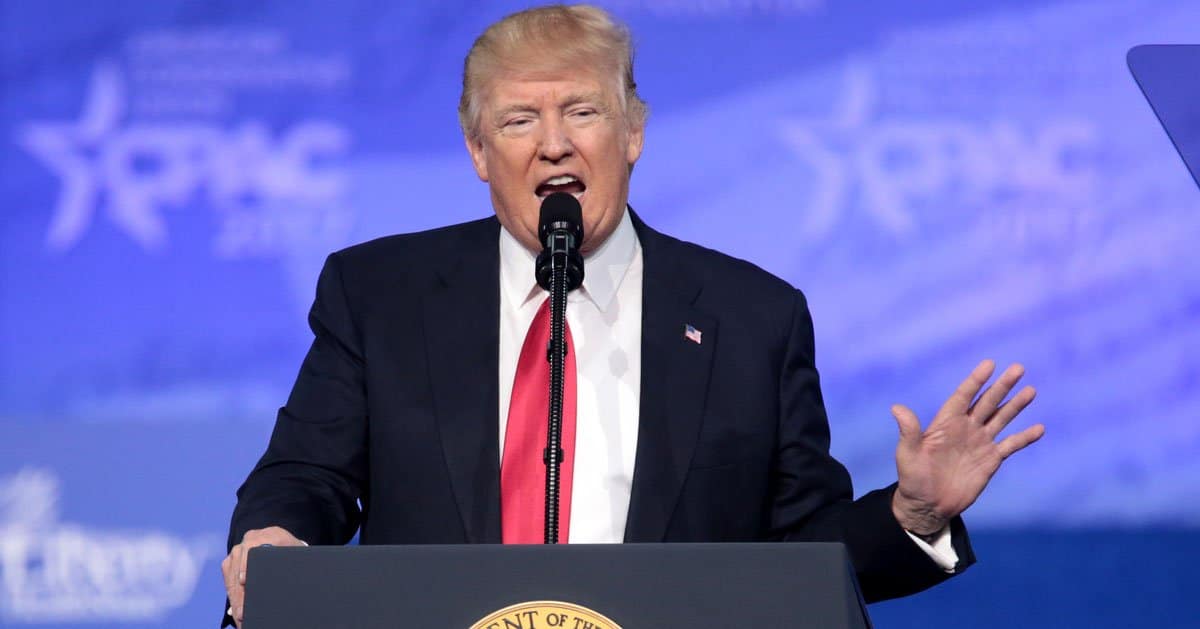








Federal prosecutors have acknowledged errors during the corruption trial of former Senator Bob Menendez, raising the possibility of overturning the verdict.
The Washington Examiner reported that inappropriate evidence presented to jurors might lead to a new trial or the overturning of convictions in former Senator Bob Menendez's corruption case.
Last summer, Bob Menendez, who hails from New Jersey and served as a Democrat, faced a guilty verdict over corruption charges.
The prosecution recently admitted to the court in the Southern District of New York that it had inadvertently allowed the jury to access evidence that should have been barred.
This evidence pertained to Menendez's involvement in military sales to Egypt, an area supposedly protected under the Speech or Debate Clause of the U.S. Constitution, hence inadmissible in court proceedings.
Following this admission, Menendez has sought a new trial on grounds of prosecutorial errors, calling the integrity of his conviction into question. This request emerges as Menendez's sentencing, initially set for January 29, looms, potentially delaying proceedings.
Menendez is no stranger to the courtroom, having encountered a similar situation in 2017 where another corruption trial concluded with a mistrial due to a hung jury. These legal setbacks highlight potential procedural issues within high-stakes political trials.
The allegations against Menendez are severe, accusing him of accepting bribes that included money, luxury items, and promises of political favors in exchange for beneficial treatment toward Egypt. These led to a broad array of charges, including bribery, extortion, and fraud.
The prosecutors, on the other hand, have downplayed the severity of the error, suggesting it unlikely influenced the jury. This is contrasted by Menendez’s defense team who insist on the significance of the jury's exposure to this protected material.
Legal experts are speculating that this error might provide grounds for a dismissal of charges or a retrial. This speculation follows from recognition that the integrity of the judicial process could be compromised by such prosecutorial oversights.
Jurors being exposed to what should have been excluded evidence, as noted by former federal prosecutor Jonathan Kravis, was described as a "gift" to Menendez's defense, suggesting potential benefits to Menendez's case from these errors.
Attorneys for Menendez stressed the jury’s exposure to restricted material, claiming, "The exhibits exposed the jury to a theory of criminality that the government was barred from presenting under the Speech or Debate Clause — namely, that Senator Menendez made specific decisions regarding military sales to Egypt in exchange for bribes."
As U.S. District Judge Sidney Stein considers the defense's requests, the outcome could significantly influence future legal standards, particularly concerning the protection of legislative activities under the Speech or Debate Clause.
If the current verdict is sustained, Menendez could face a sentence of up to 222 years, reflecting the gravity of the charges.
This sentencing, however, now hangs in balance as the court reviews the procedural errors made during the trial.
Stan Brand, former counsel to the House of Representatives, reflected on the broader implications of this case, proposing that the "breach could lead to the judge making a decision to dismiss the indictment or give this guy a new trial," signaling potentially significant repercussions for judicial handling of cases involving elected officials.



